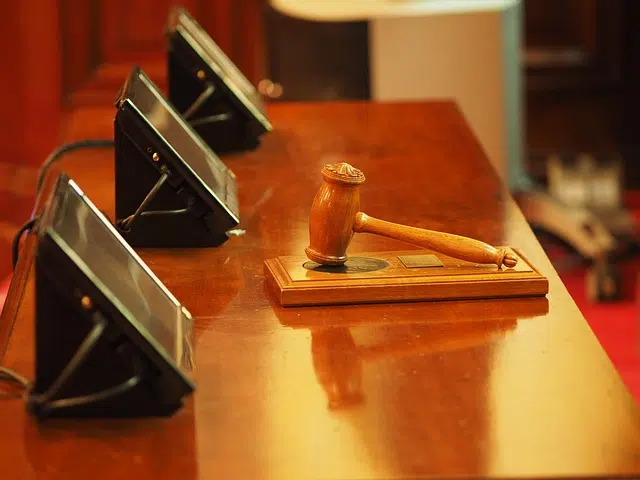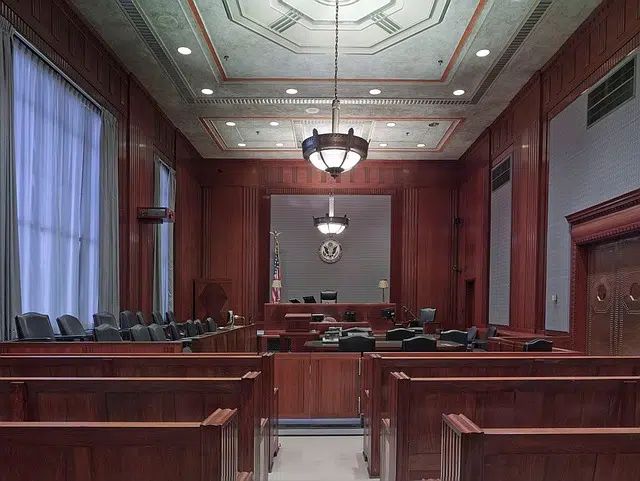
Substantiation is the processing of a process until the sentence is issued
Substantiation , also accepted as substantiation , is the act and result of substantiating (or substantiating ). This verb, meanwhile, refers to realizing an idea, a plan or a project . In the field of law , furthermore, the action of processing a judicial process until a ruling resolves it is called substantiating.
In context
For example: “The committee of experts suggested to the government the implementation of the measures that are necessary to protect the population in the context of the pandemic” , “Numerous residents have expressed their discomfort at the delays in carrying out the procedure.” ” , “The regulations contemplate the immediate substantiation of administrative actions derived from the events” .
The judicial order
A judicial order is called the resolution that allows a court to rule on a request from one of the parties, thus resolving an incident that arises within the framework of a process and derived from the central issue of the litigation. In this context we find substantiation orders , which are decisions on simple requests that do not have an important relevance in the process .
In this context we can say that substantiation is the stage of the procedure in which the development of the resources that are returned to the superior judge (which in some cases may be the court itself) is found, after the preparation of the documents that the litigants use to support their claims or their denials, and the referral of the aforementioned orders by the judge who issued the sentence against which the appeal was imposed.
Substantiated matter
Continuing in the judicial field, it is said that a matter is substantiated when, once the investigation has been completed, it is ready to be decided at a hearing. In short, substantiating involves processing an appeal, a case, a process, a trial, etc., until its resolution is reached through a ruling .
When we talk about a hearing , we refer to the session during which a jurisdiction is informed of the claims that each party to the trial has, and then it proceeds with the instruction, the reception of the allegations and, finally, expresses its verdict. Generally, this session is public, although it can also be private.
A substantiation procedure , on the other hand, is instructed and concluded by the judge in charge of the substantiation of the process, and is applied to complex matters that require in-depth preparation.
We must not stop talking about the substantiating judge , who is also known as the counselor , if it is an appeal. This is the one designated to deal with cases that have been filed in a common law court , when the lawsuit has already been registered. It is responsible for convening the parties, making decisions about some incidents and, when the matter has been substantiated, issuing a closing order.

The "substantiating judge" handles these cases and issues a closing order
Instruction
In the previous paragraphs we talk about instruction , a term that in this framework refers to a stage of the process throughout which the parties define their claims and the court collects all the elements it needs to be able to make a decision in this regard.
This would be the general definition, for any procedure. But if we delve fully into the criminal type, then we can add that it is the stage (not mandatory in matters of crimes but for certain types of crimes) in which the so-called investigative judge advances with the investigations, gathers and analyzes the evidence and makes a decision regarding the direction the case should take.
